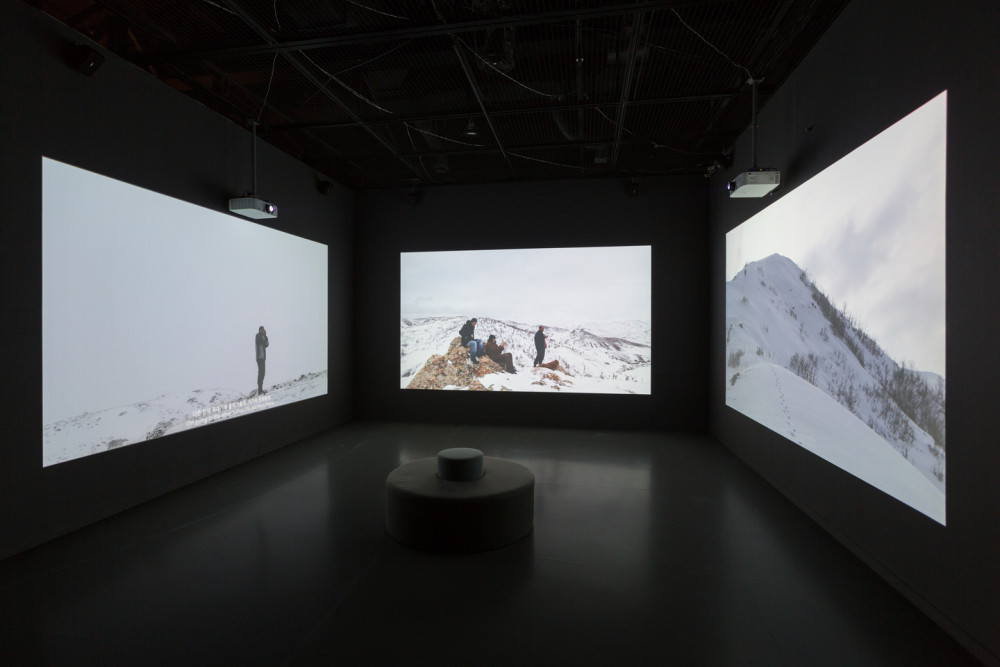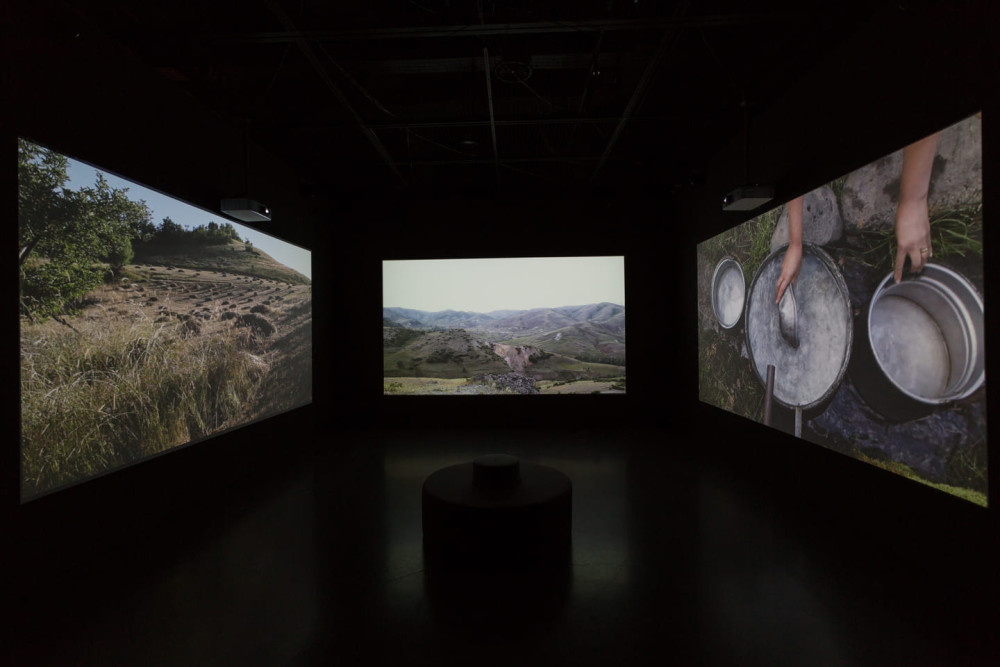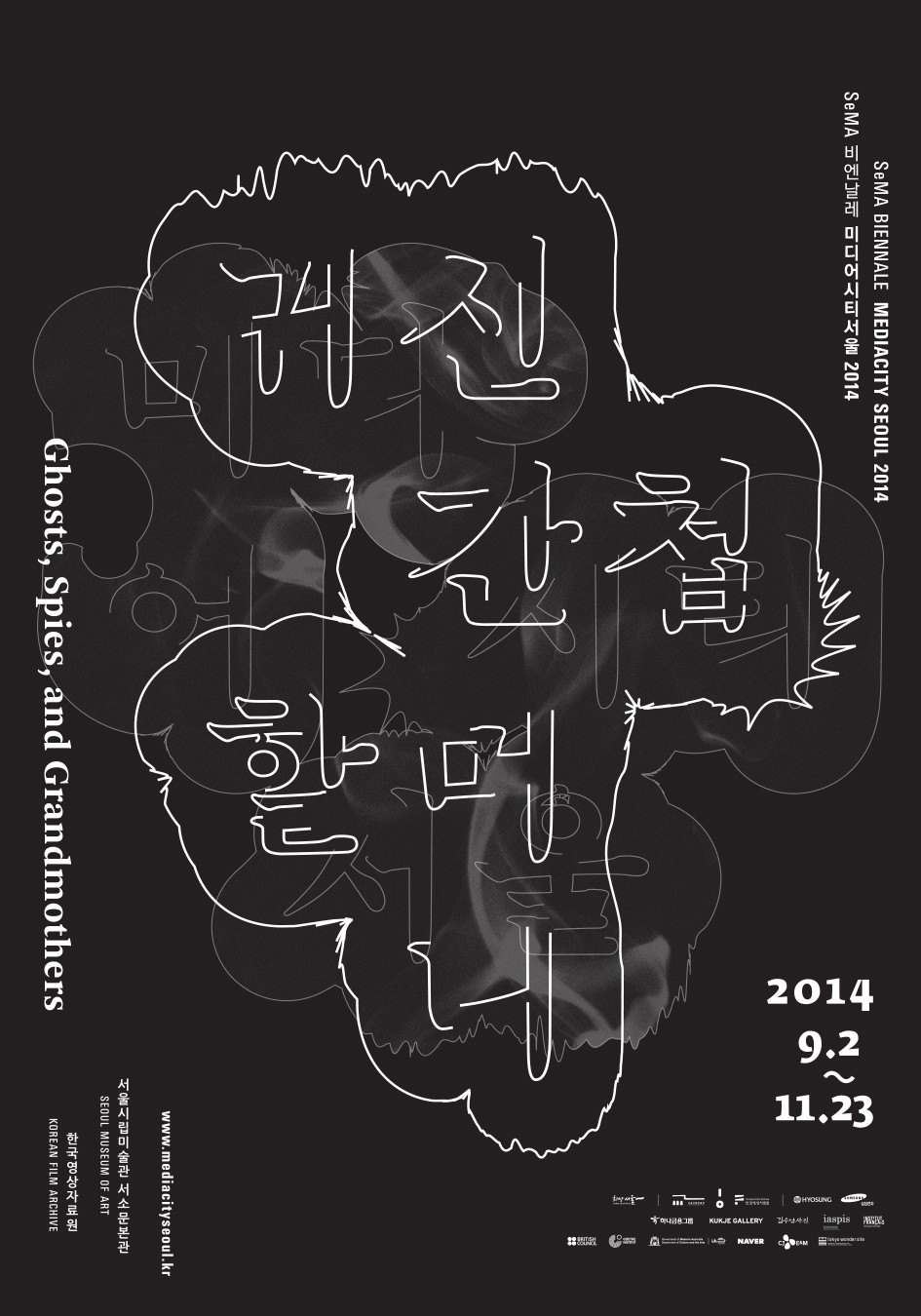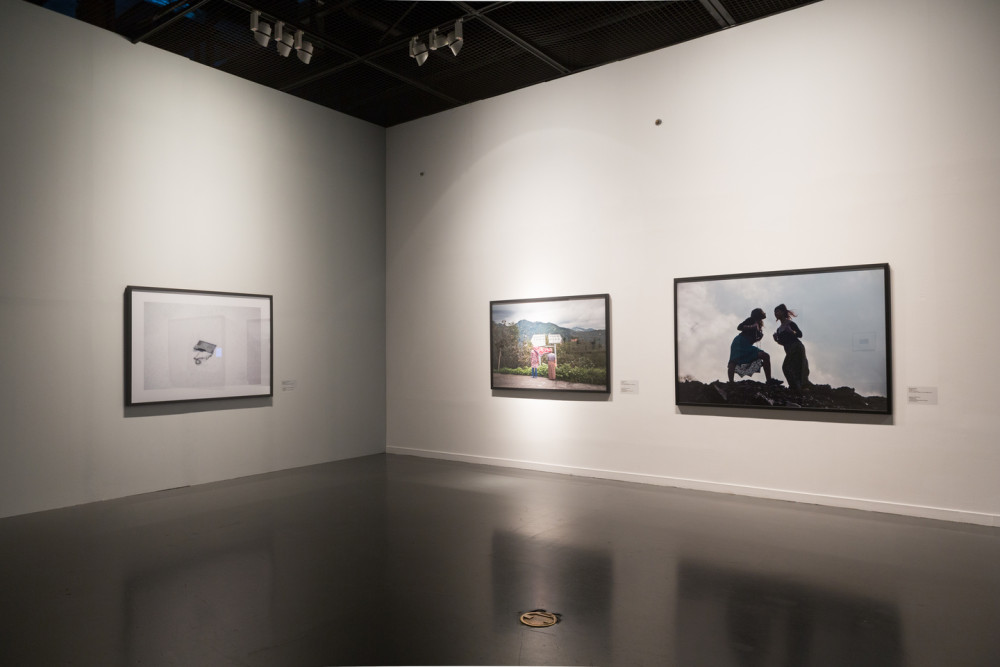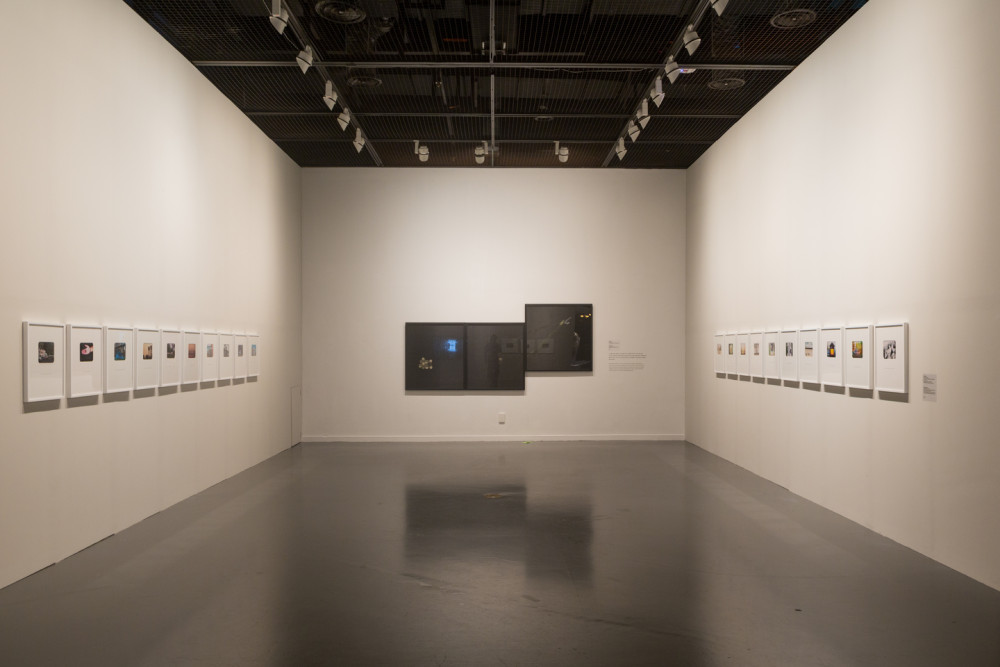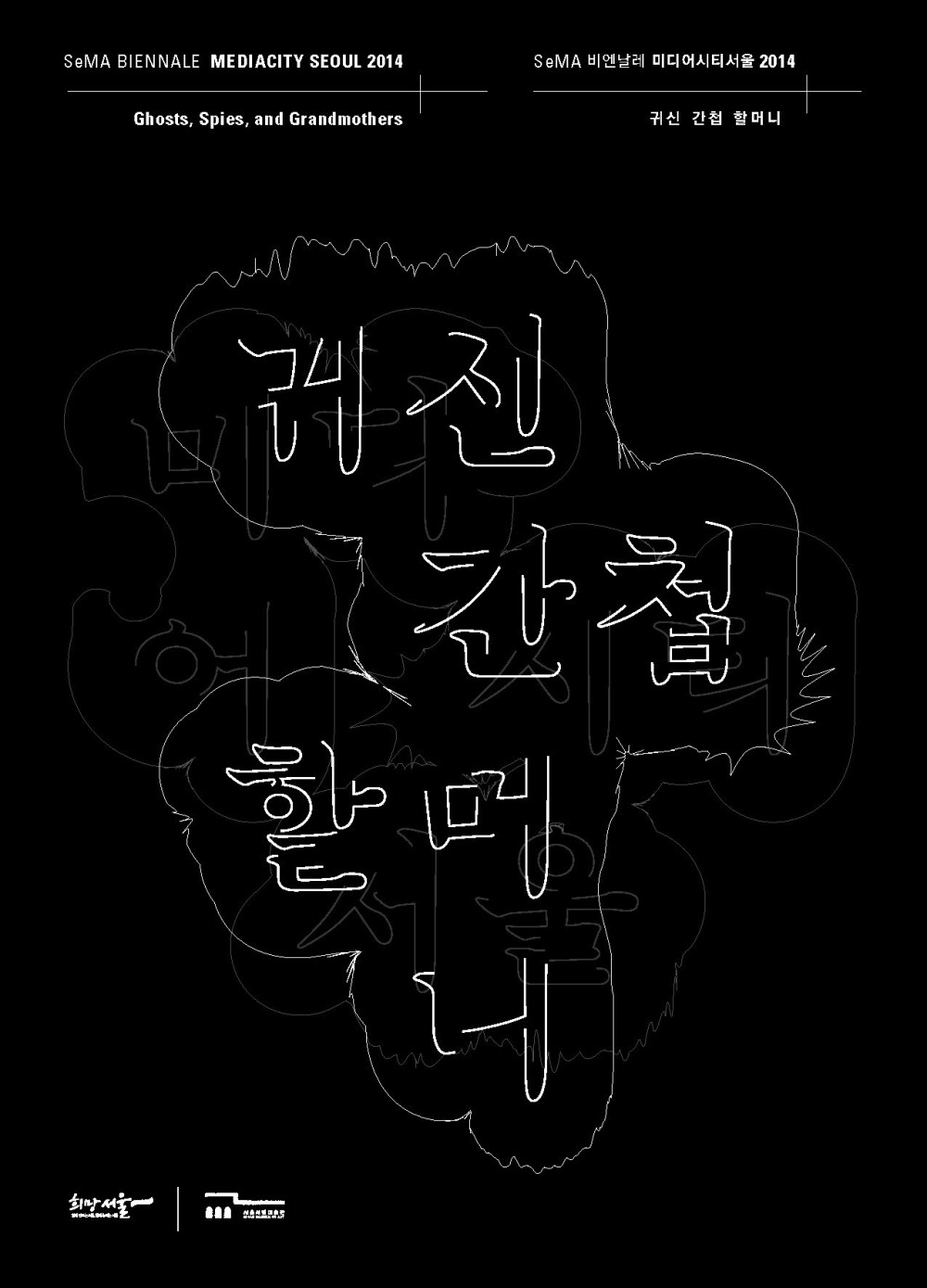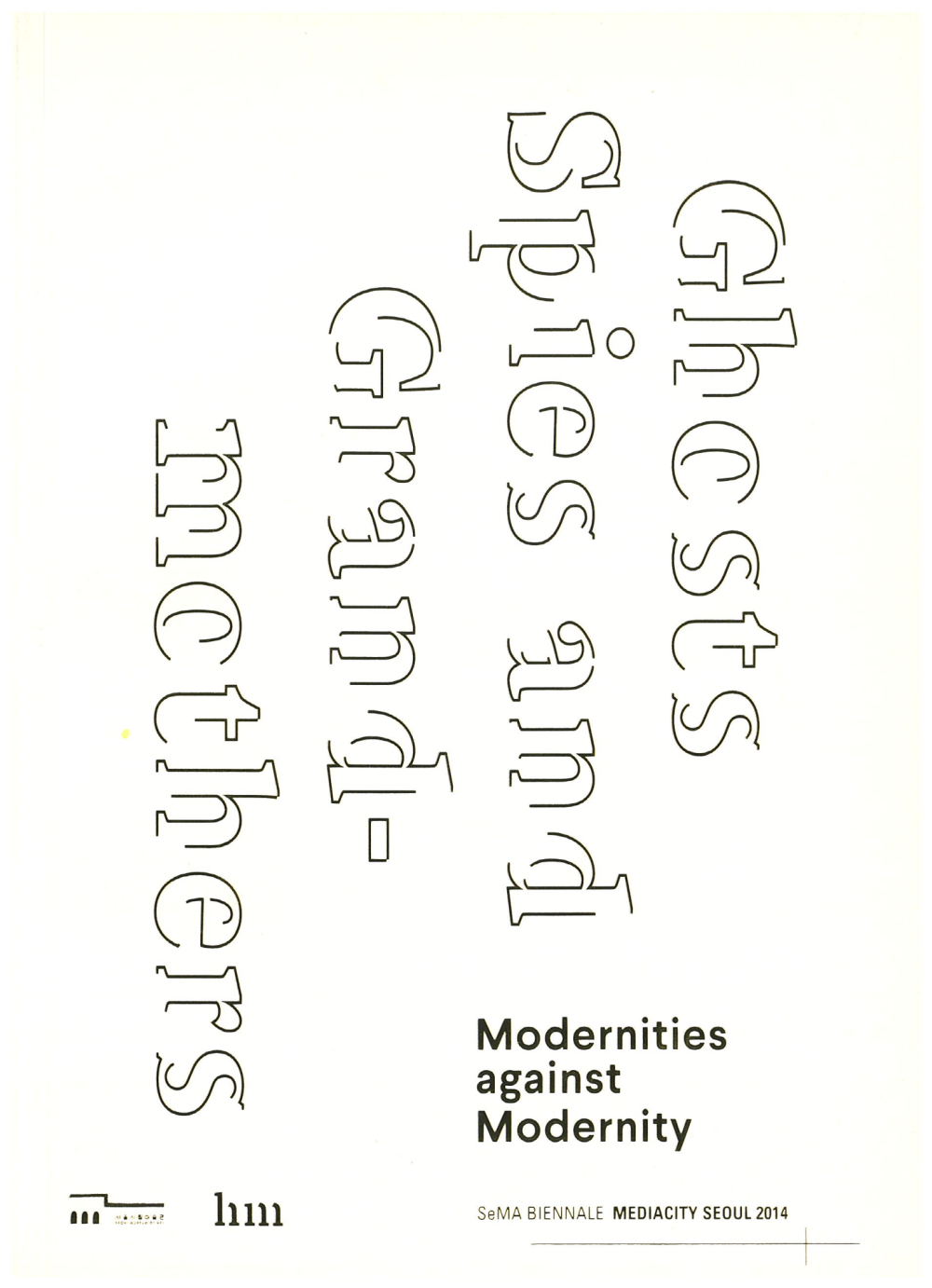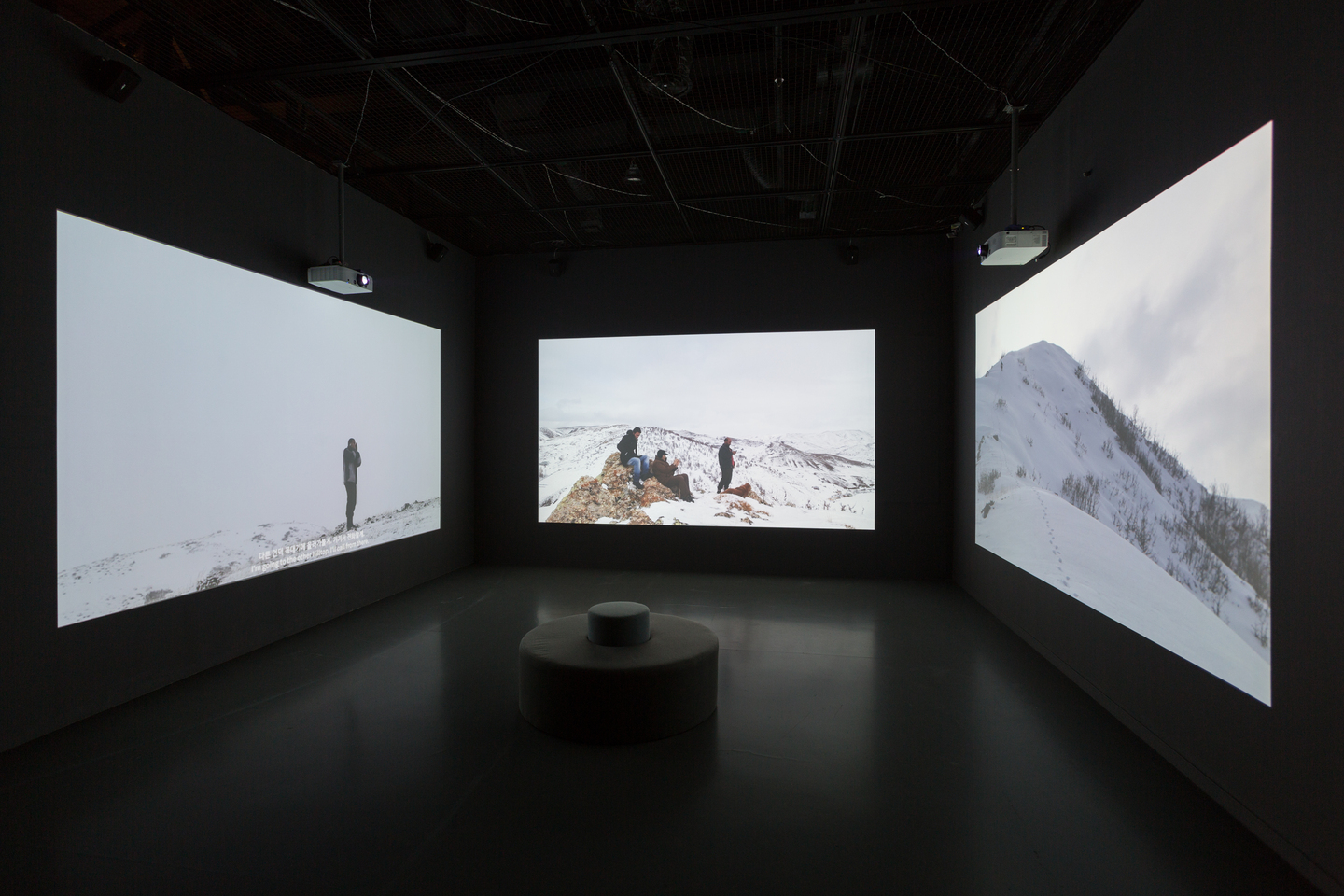
… The project was born out of Güreş’s occasional visits to her father’s hometown, a Kurdish and Alevi (an ethno-religious minority in Turkey) village in East Anatolia. The village is severely lacking in infrastructure; there is no school or hospital, water shortage and power cuts are part of daily life, and there is still no telephone network in the village. Eight other Alevi villages in the region suffer from similar governmental discrimination…
One of the most drastic changes in their lives has been the advent of communication technologies. A telephone network was introduced during the 1970s but villagers had to go to the village headman’s office to make a phone call. After a short time, that line was cut. Though a phone network was promised and the villagers paid the required fees, the village remains without a telephone network. In 2005, villagers began to benefit from new communication technologies, and most use mobile phones. Though connectivity has been limited in the valley, they are finally able to connect with the rest of the world…
Güreş’s work focuses on the gap between the current picture, controlled by the state, and the direction of global changes. The mobile phone industry as a global force introduced mobility in access to communication. The three screen video installation Open Phone Booth (2010-2011) is about this tragicomic reality. It shows the villagers climbing up the hills in order to make phone calls, and their attempts to catch phone reception. The villagers, at different ages and in different groups, are filmed during different seasons of the year. Sometimes in snowstorms or sunny blue skies, sometimes alone or with company. One who wants to contact the rest of the world from this village has to struggle for access to communicate. The seasons, the light and the landscape change in the film; some conversations take longer and sometimes the connection is desperately lost, but up in the hills the villagers are always free to call. [Adnan Yildiz, “The Village of Exception,” 2011]
